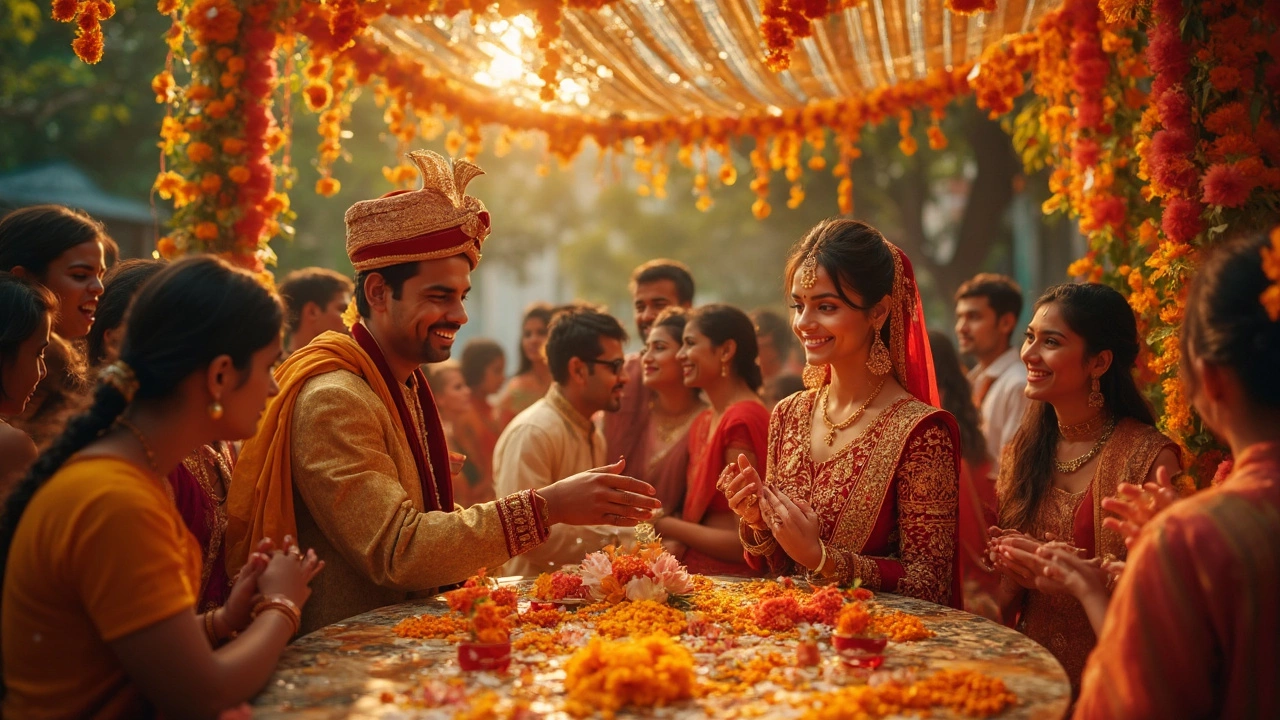Money Gift Ideas for Travelers in India
When you give a money gift, a direct financial present given to support someone’s travel goals. Also known as cash gift, it’s not just about the amount—it’s about how it unlocks experiences like a trek in the Great Himalayan Trail or a quiet night in a jungle camp near Nagpur. Most people think of money gifts as generic, but in India, where travel costs vary wildly from luxury trains to budget street food, the right money gift can turn a trip from stressful to unforgettable.
Think about what travelers actually need. A vaccination, a medical shot required or recommended before entering India to prevent illness costs money—some like typhoid or hepatitis A aren’t free. A visa fee, the official cost to legally enter India as a foreign visitor for U.S. citizens in 2025 is around $160, and that’s just the start. Then there’s transport: Uber doesn’t run everywhere in Goa, and train tickets on the Pride of Africa cost over $12,500. A money gift lets the recipient choose what matters most to them—whether that’s a guide for Roopkund Trek, safe food from a clean vendor in Delhi, or just extra cash to avoid stress during temple visits where dress codes and rituals can catch you off guard.
India’s travel landscape isn’t one-size-fits-all. Some travelers want luxury, others want raw adventure. A money gift gives them control. It’s not about buying a souvenir—it’s about funding a moment: the sunrise at the Taj Mahal, the silence of a Himalayan pass, the taste of real street chai without getting sick. The posts below show you exactly what travelers need to know—from safety in Mumbai to the best beaches in Kerala—and a money gift is the simplest way to help someone make those moments happen. Whether they’re planning a solo trek or a family trip to a World Heritage Site, this isn’t just cash. It’s freedom to explore, learn, and connect with real India.
